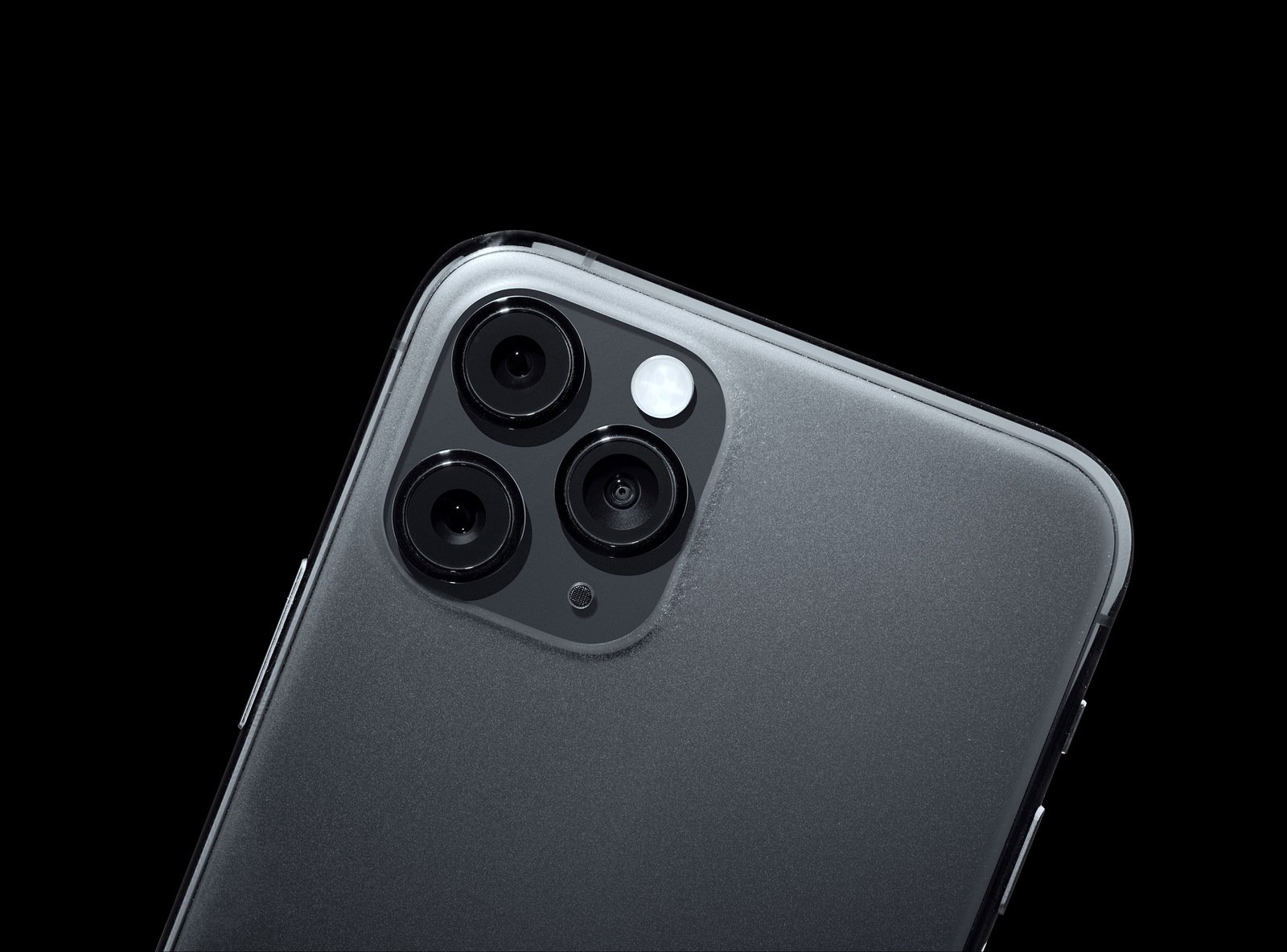In addition to rumors about the iPad Pro 2020, there is also interesting news about the iPhone 12 and AirTags. This concerns the WiFi standard and the charging technology of the AirTags.
The Japanese Apple Blog Macotakara claims to have learned new details about the WiFi standard in the iPhone 12 and the charging technology of the AirTags. According to this, the new iPhone lineup should support a new WiFi specification - 802.11ay. This is currently still in a test phase - according to the report. The new standard also uses the 60 GHz frequency spectrum to enable high-bandwidth data transfer from device to device. This means that the speed of data transfers via AirDrop could increase significantly. According to Macotakara, the technology would only be suitable for such use, as it only supports an "ultra-short range" - similar to Bluetooth, but much faster.
AirTags rely on well-known charging technology
But in addition to improved data transfer from iPhone to iPhone, new accessories such as AirTags could also benefit from this - explains the Apple Blog. In addition to the iPhone 12, Macotakara claims to have found out new details about this too. The Tile competitor is expected to appear in autumn this year and will rely on wireless charging - similar to the Apple Watch. However, it is still unclear whether the same magnetic cable will be used. There has been no information about the charging technology so far, not even in the iOS 13 leaks. AirTags are also said to be completely waterproof. The situation is different in terms of market launch - the well-known analyst Ming-Chi Kuo recently suggested autumn 2020. Both reports therefore confirm each other. Previously, a market launch in spring 2020 was expected, but Apple obviously seems to need a little more time. It remains to be seen whether other sources will support the statements. (Photo by HalfPoint / Bigstockphoto)
- AirTags – What we know about Apple’s new product
- iPhone 12: Everything we know so far
- iPad Pro 2020 Case surfaced
- iPad Pro 2020: With mini-LED panels after all?




